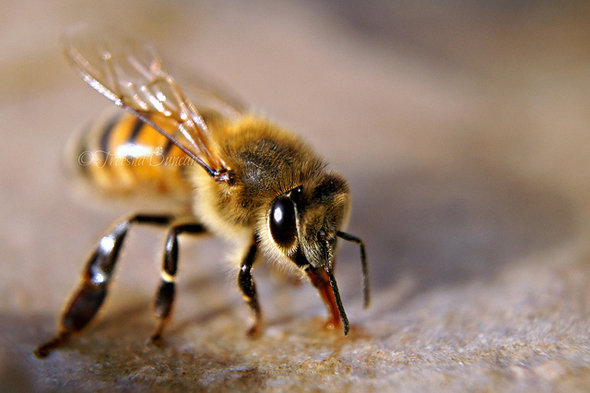As I sit down to write this, my dog suddenly begins blustering loudly, doing her level best to protect her people from the imminent incursion by that menacing delivery person carrying a vegan pizza who dared knock at her door. At night. The nerve!
That’s what dogs do, you might say. Well, yes and no. Dogs in loving homes are often protective of their guardians. But not all dogs have guardians. And not all are in loving homes, although they all should be.
Not long ago, Emmy-winning actor James Cromwell, a longtime defender of animals and a general badass, was arrested, handcuffed, and jailed during a PETA protest at a board of regents meeting at Texas A&M University. His arrest brought needed attention the university’s gruesome muscular dystrophy (MD) experiments on dogs.
Because of it, many people became aware that Texas A&M operated a dog laboratory where golden retrievers and other dogs were intentionally bred to have a canine version of MD (they’re physiologically unable to develop human MD) and were subjected to painful experiments as their condition invariably worsened.
The dogs suffer and die in barren metal kennels as their bodies slowly and painfully waste away. Many will eventually lose the ability to chew or even to swallow. Long ropes of saliva hang from the mouths of those whose jaw muscles have weakened. For some, even balancing is difficult.
There is a video of the dogs here, but please be warned, it is difficult to watch.
These experiments on dogs have been going on for close to 40 years, the last eight at Texas A&M. It is important to note that in all this time and with all this suffering, the experiments have not produced a single cure or treatment that reverses the symptoms of MD in humans. That’s four decades of painful, unrelenting suffering—for absolutely nothing.
That’s why since 2016, PETA has done everything possible to get this useless den of misery shut down. Its goal has never wavered: to shut down the lab and place all the dogs in loving homes where they can live out their lives surrounded by caring families to call their own.
To that end, PETA and our supporters have righteously thrown everything but the kitchen sink at Texas A&M: clever protests, celebrity action, disruptions of football games and public meetings, multiple lawsuits, call-ins, pledges of support from 500 physicians, testimonials from people with MD, even a “dog” riding public transit—anything we could think of.
Finally, the public exposure got to be too much. Last year, after all this coordinated, focused pressure, the university finally bowed and permanently ended its MD laboratory dog-breeding program. This was a huge breakthrough.
Dozens of the dogs were adopted into good homes. The lead experimenter of the program retired, and it appears that funding has dried up for experiments. The Texas A&M administration has discussed ways the whole laboratory could be closed down.
But while we’re close, we’re not quite there yet.
There are still 29 dogs imprisoned in the lab. The university is stubbornly refusing to release them. PETA has repeatedly offered to take them all and place them in good homes, but all it’s received from Texas A&M is silence. It seems that the university, which now has no use for the dogs, doesn’t want to admit “defeat” by publicly allowing their release.
Lucilla and Varinia are a bonded pair of sisters imprisoned at Texas A&M. They are two of at least 15 dogs who are healthy “carriers,” meaning that they carry the gene for canine MD but do not have the disease.
Lucilla and Varinia have been publicly available for adoption for months. A PETA staffer who applied to adopt them both was denied. A dog named Cannoli was listed for adoption. But the school has taken him off the adoption list and transferred the healthy 2-year-old golden retriever to another one of its laboratories, likely to be used in more cruel experiments.
What did Lucilla, Varinia, Cannoli, or any of the other dogs still being held at Texas A&M do to deserve the life they’ve been given, devoid of comfort, love, or anything else that makes life worth living? The answer is simple: nothing. Given different circumstances, any one of these dogs would gladly put themselves between you and a sinister delivery person any day of the week.
That’s the way it should be.
Please take a moment to demand the release of all dogs still being held at Texas A&M.
Kathy Guillermo is the Senior Vice President of the Laboratory Investigations Department at PETA
I try hard not to use beeswax and would prefer that no one use it for a …




